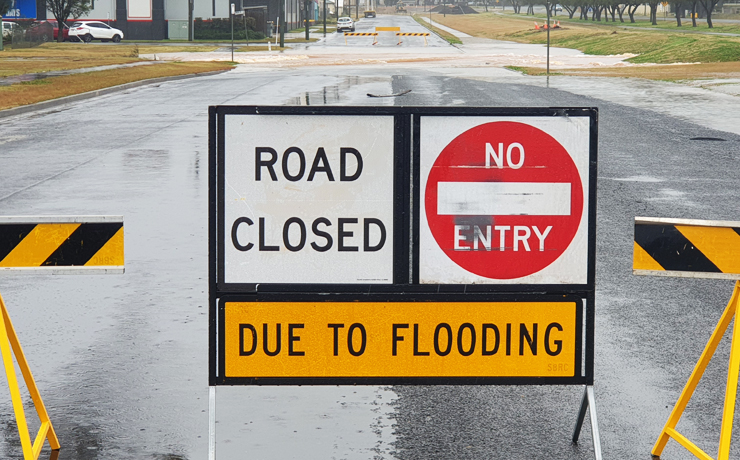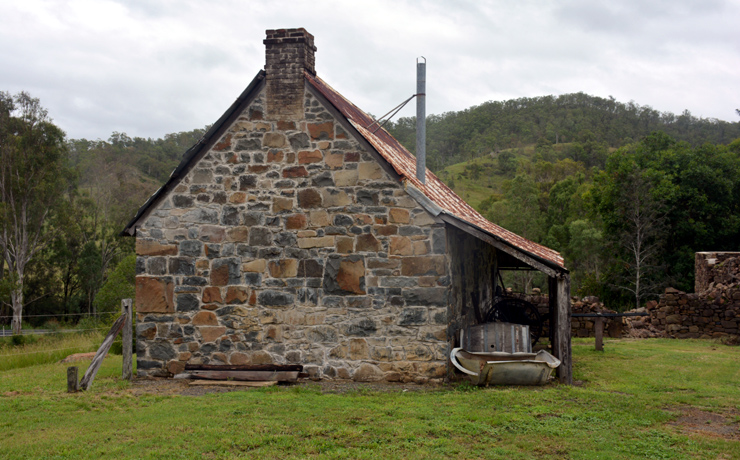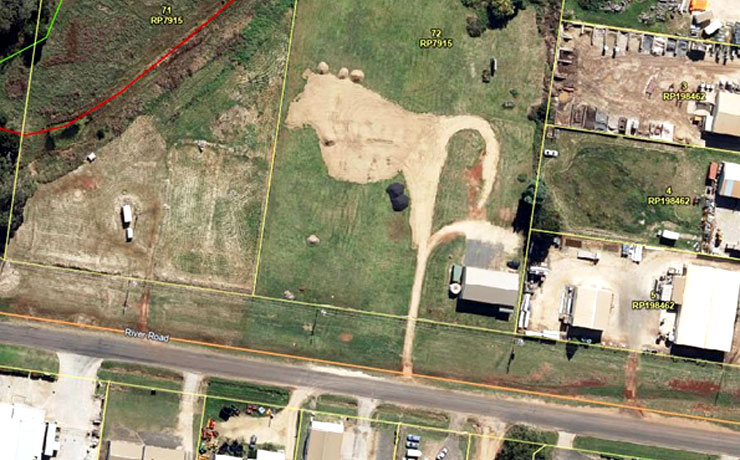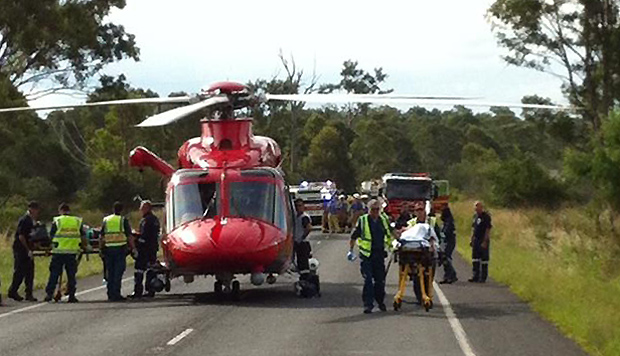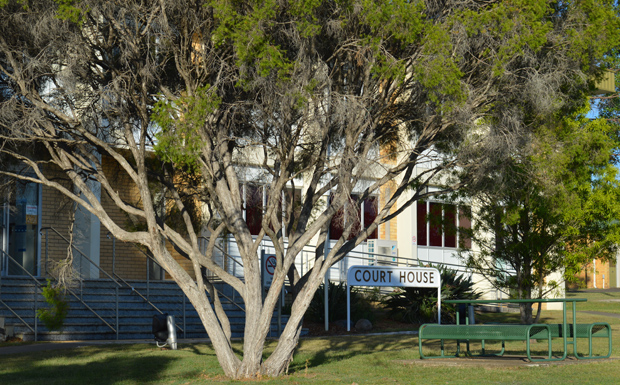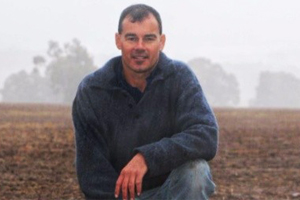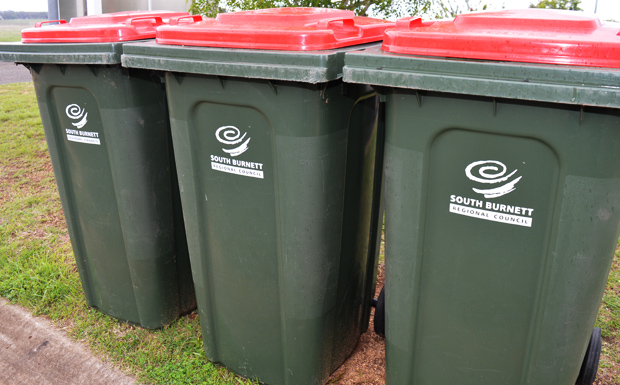

June 5, 2018
The South Burnett Regional Council is examining what potential costs the State Government’s proposed $70-a-tonne waste levy might impose on the region.
Last week, the State Government said it would introduce the levy in 2019 to discourage interstate dumping and encourage the development of Queensland’s waste recycling industry.
The levy will be introduced in 38 of Queensland’s 77 local government regions – including the South Burnett, Gympie and Toowoomba – and all affected Councils will receive an annual fee from the State Government to offset the cost.
This fee would be based on the assumption an average household generates 700-800kg of waste each year.
Councils affected by the waste levy will be encouraged to adopt recycling initiatives by being allowed to pocket the difference between the State Government rebate and levy costs if they reduce the amount of waste going into landfills.
However, the SBRC believes while individual households may not be directly affected by the levy, the region as a whole may face extra costs from its introduction.
If it does, then it is likely waste collection charges will rise when the State Government levy is introduced.
On Tuesday, SBRC CEO Gary Wall said it was unclear at present how the levy would affect regional councils operating waste transfer stations.
He said the State Government had based its council fee projections on wheelie bin collections.
But the government hasn’t yet specified if rebates would only be based on those collections – which ignored households that do not receive a waste collection service – or some other measure such as regional population and average household size.
If households not receiving a waste collection service were excluded from the calculations, then households receiving a service would effectively be slugged the cost of paying for waste deposited at waste transfer stations.
Mr Wall said it was also unclear who would pay for necessary infrastructure costs – such as weighbridges – needed to properly police waste collection figures.
Nor was it clear if extra staffing or other infrastructure such as fences and keypads would be required at waste transfer sites to ensure dumping did not occur.
He said Council officers were keeping a close eye on the development of the waste levy because of its potential to increase Council costs if the State Government failed to include all relevant factors in their rebate calculations.
Related articles:












